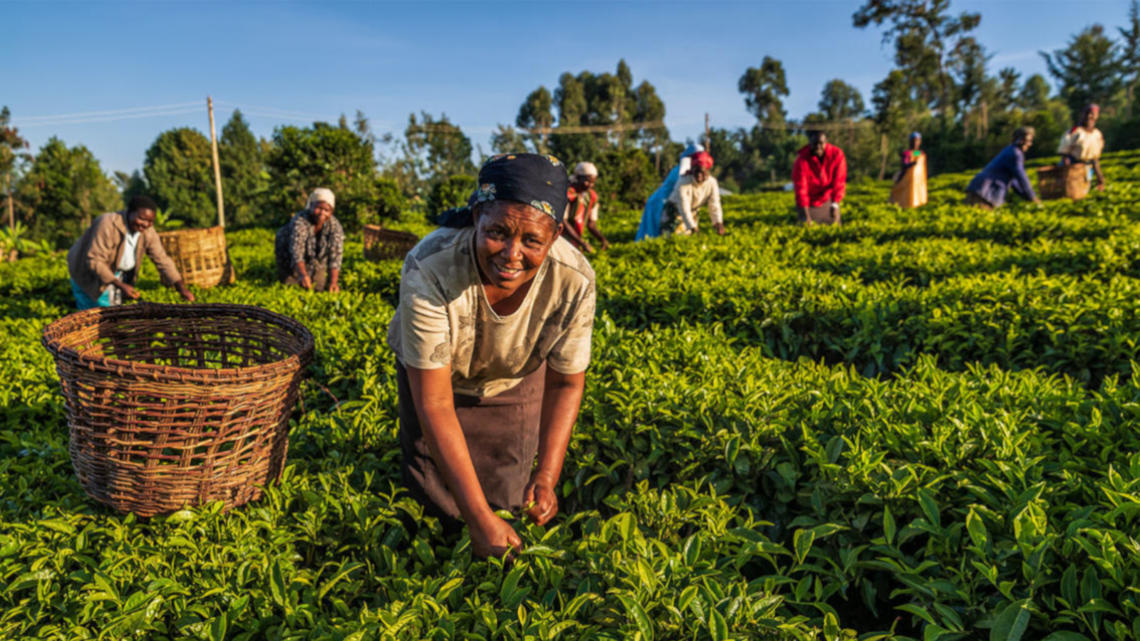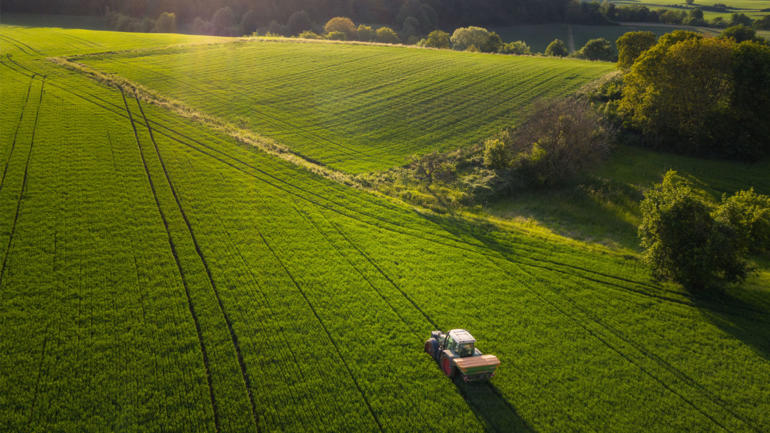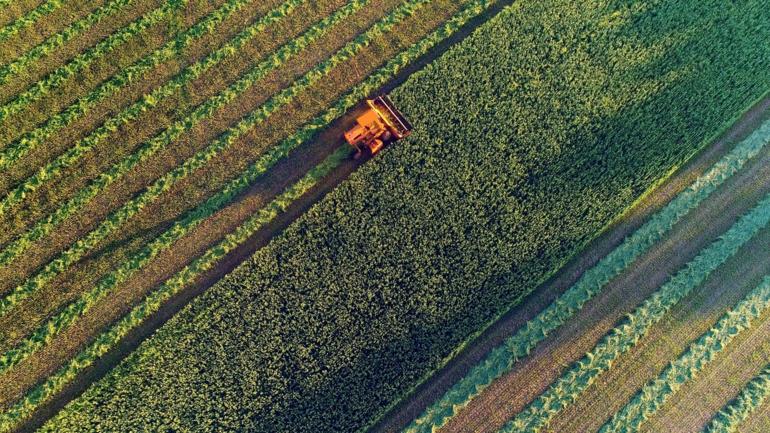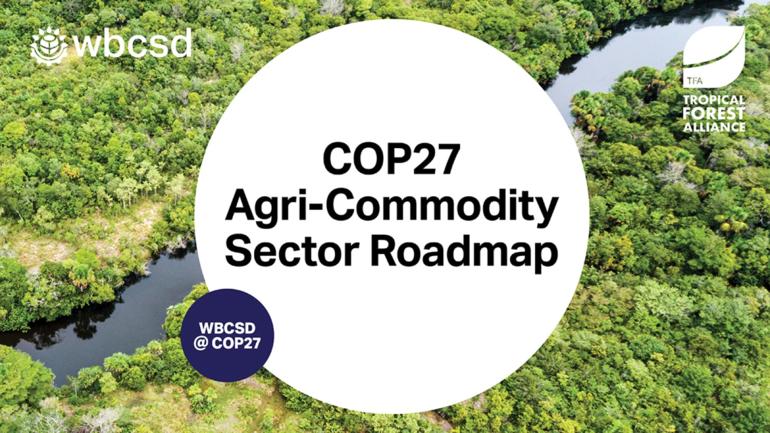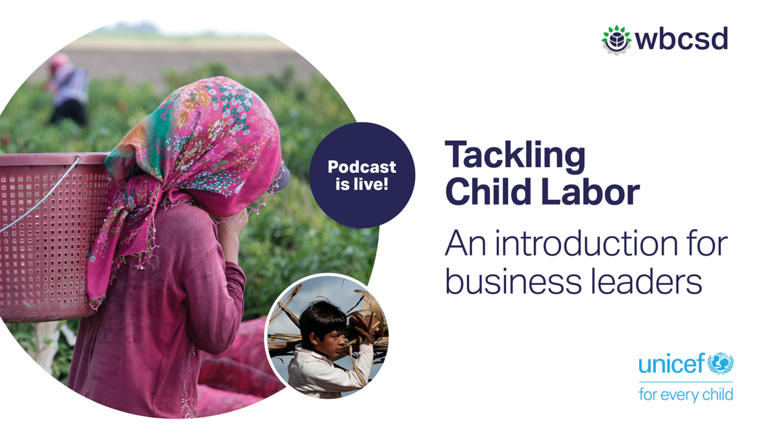Productive and resilient livelihoods, thriving rural communities and equitable value distribution are core tenets of a sustainable food system. Currently, however, agriculture workers and their dependents make up two thirds of the 740 million people facing extreme poverty. These communities are also under growing stress from climate change, and acutely vulnerable to the economic fall-out of the COVID-19 pandemic.
The agribusiness sector is uniquely positioned to reach rural agricultural workers and take action to improve livelihoods through a variety of partnerships and initiatives. Consumer demand for fairly traded and sustainably sourced products; new technologies providing essential data that can drive improved efficiencies and productivity; and innovative financing models that reward equitable investments are fast emerging. These trends and tools offer a potential win-win: stable and transparent supply for the agribusiness sector; resilient rural economies and improved livelihoods.
In order to strengthen the private sector’s contribution to social development, in alignment with the CEO Guide to Food System Transformation, WBCSD has established the "Global Agribusiness Action on Equitable Livelihoods" (GAA-EL) project. This project is a part of WBCSD’s overall work on the equity and livelihoods agenda. It builds on the achievements of the Global Agribusiness Alliance from 2016-2020, as well as other relevant work, and delivers opportunities for members and partners to drive change across three action areas: 1) improve access to markets, 2) respect and protect human rights, and 3) promote inclusive innovation and technology.
Within Action Area 1, GAA-EL is facilitating agribusiness collaboration to improve market access and investment opportunities for actors along the supply chain through, for example, the Agri-SME Digital Finance Platform and alignment with the Just Rural Transition Investment Partnerships initiative hosted at WBCSD.
To support members in their efforts to strengthen human rights performance along their supply chains under Action Area 2, GAA-EL is developing a customizable trainer pack for internal engagement, building on the toolkit on human rights policy and practice published in 2020. This support responds to the fact that regulation around human rights disclosure is expanding, and benchmarking using publicly available information is growing and gaining greater recognition amongst stakeholders. The data is used by them to assess company performance to inform investments, private or public procurement, government development of relevant legislation, shareholder resolutions and consumer campaigns.
Efforts under Action Area 3 to promote inclusive innovation and technology within the agriculture sector include collecting insights, creating knowledge-sharing opportunities, and driving investment into innovation and technology solutions to support sustainable agriculture outcomes for nature and for farmers. One area of particular focus is post-harvest loss, which if minimized can secure higher farmer incomes and drive greater food security.
GAA-EL also contributes to the policy discourse on food system transformation through, for example, direct engagement with Action Track 4 on equitable livelihoods of the Food Systems Summit, and collaboration with peer projects supporting input into and engagement with the IUCN World Conservation Congress, UNFCCC and the UNCBD.
Mr Nadir Godrej, Managing Director of Godrej Industries Ltd and Chairman of Godrej Agrovet Ltd, is serving as Chair in 2021. Membership is open to all value-chain actors, both WBCSD members and non-WBCSD members. To learn more about GAA-EL’s membership, workplan and how to collaborate, please visit the page or contact Melanie Levine, GAA-EL Manager.
Ruth Thomas is Director, GAA-EL at WBCSD

